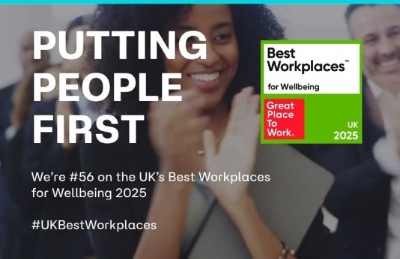They make up two-thirds of the workers laid off during Pandemic.
It’s a tough time to be young. The latest ONS figures show that the UK unemployment rate was estimated at 4.7%, 0.8 percentage points higher than before the pandemic, but 0.3 percentage points lower than the previous quarter. Redundancies, too, have now returned to pre-pandemic levels. Despite these positive trends, the brunt of layoffs during the pandemic was most acutely felt by people aged 16 to 24 years old. The ONS’s Labour Market Overview shows under-25s made up nearly two-thirds of the fall in paid employment since February 2020. In other words, more than 60% of the 693,000 payroll employees that lost their jobs were young people. Add to that freelancers and occasional workers, and the picture is even more grim. There are fears the furlough scheme, in place until September, is masking the true extent of the damage to young people’s employment prospects.
The situation has improved marginally in the last year and is likely to improve further in the coming quarter, but employment will remain at least four percentage points lower in July 2021 compared to pre-pandemic levels.
The disproportionate impact on this age group is likely because they are overrepresented in the sectors hardest hit by the pandemic: hospitality and leisure. Two challenges unique to this demographic stand out. According to global business consultancy McKinsey & Company, artificial intelligence, automation, and robotics will dramatically change the nature of work in the coming years. Older workers boast of some skills that protect them against the most aggressive changes, including pre-existing networks, communication skills and a greater business understanding. Young people often lack these and are more vulnerable. Furthermore, despite a significant deterioration in the quality of the college experience for students (including no in-person contact with tutors, no ‘university life’ or in-person job fairs), British universities have not offered fee reductions to students over the last year. Students entering a post-covid labour market are, therefore, immediately disadvantaged in balancing unabated university fees, despite a deterioration in quality, with fewer job prospects and intense competition.
The government has, however, implemented some incentives for businesses to hire young professionals. For example, the apprenticeship and Kickstart schemes are designed to encourage organisations to employ 16-to-24 year-olds. Simultaneously, employers should also consider offering volunteering and work experience opportunities.
At Bridge of Hope, one of our focus areas has been helping young people, especially from underrepresented communities, into the job market. Closely monitoring such trends in the labour market (the toughest in a decade), we recognise the urgent need to support vulnerable sections of society. Understanding the unique needs of the communities we work with, we actively engage diverse and inclusive employers who align with our priorities and are able to offer sustainable employment opportunities.
These are just some of the ways we are building the Bridge of Hope.




